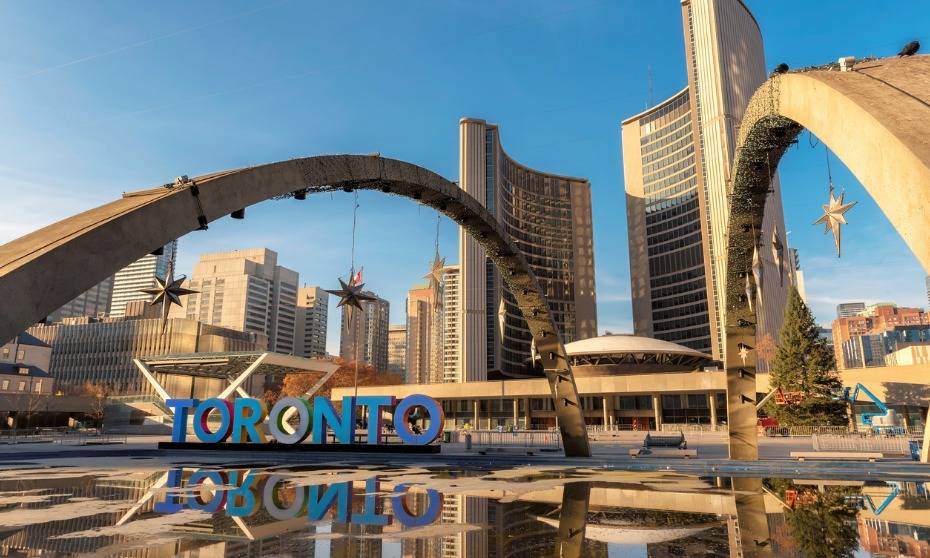
Appeal court issues split decision

The Ontario government’s decision to cut Toronto’s city council wards last year was constitutional, said the majority of a panel of judges for the Court of Appeal for Ontario.
“This was a substantial change, and there is no question that it disrupted campaigning and candidates' expectations,” said the decision, which focused on the Ontario legislature’s Better Local Government Act, a law that reduced city council from 47 to 25 councillors shortly before the 2018 municipal election.
“But the question before this court is not whether the legislation is good or bad policy, was fair or unfair; the question is whether it violates the Charter or is otherwise unconstitutional,” said the decision, Toronto (City) v. Ontario (Attorney General), 2019 ONCA 732, released Sept. 19.
The majority opinion, written by Justice Bradley Miller with Justices Michael Tulloch and Alison Harvison Young concurring, allowed the Attorney General of Ontario’s appeal.
Lower court erred
The lower court judge, Justice Edward Belobaba, found last year that the provincial government, led by Ontario Premier Doug Ford, breached s. 2(b) of the Canadian Charter of Rights and Freedoms. The act limited voters’ freedom of expression, “effectively denying the voter’s right to cast a vote that can result in effective representation” without a pressing and substantial reason, Belobaba concluded.
But Miller said in the appeal decision that Belobaba erred in two ways: First, Belobaba expanded the purpose of s. 2(b) “from a guarantee of freedom from government interference with expression” to “a guarantee that government action would not impact the effectiveness of that expression,” the appeal decision said.
“Expression is one thing. Its impact is another. Section 2(b) does not guarantee that expression will retain its value,” Miller wrote.
Second, Belobaba “conflated the concepts of positive and negative rights,” said Miller’s judgment, which set aside Belobaba’s decision.
Where a negative rights claim focuses on stopping government from interfering with expression that would otherwise be free, a positive rights claim requires government to take action to facilitate expression, Miller wrote. Since a municipal election is established by legislation, a challenge to that legislation is an assertion of a positive right, Miller added.
Miller also said Belobaba created a “workaround” on how Charter rights are interrelated, enlarging the scope of s. 2(b).
“[T]he basic structure of the Charter must be respected. Although the coverage of particular rights can overlap, the content of one right cannot be subsumed by another, or used to inflate its content,” wrote Miller. “[T]he application judge worked from the premise that, if he concluded that the Act was unfair to candidates and voters, it must therefore be unconstitutional. The Constitution does not work that way. No constitution does.”
The appeal decision also weighed in on the use of unwritten constitutional principles.
“[W]ere a court to invoke unwritten constitutional principles to invalidate legislation, the consequences of judicial error – always a possibility – would be virtually irremediable,” Miller wrote for the majority.
Dissenting opinion
A dissenting opinion written by Justice James MacPherson, with Justice Ian Nordheimer concurring, said the attorney general’s appeal should be dismissed.
MacPherson’s decision mirrored Belobaba in one respect: That the Better Local Government Act should indeed be invalidated under the freedom of expression component of the Charter. MacPherson did not agree with Miller’s assessment that Belobaba expanded the purpose of s. 2(b) of the Charter.
“[T]he timing of the Act represented a substantial attack on the centrepiece of democracy in an established order of Canadian government – an active election in a major Canadian municipality,” wrote MacPherson.